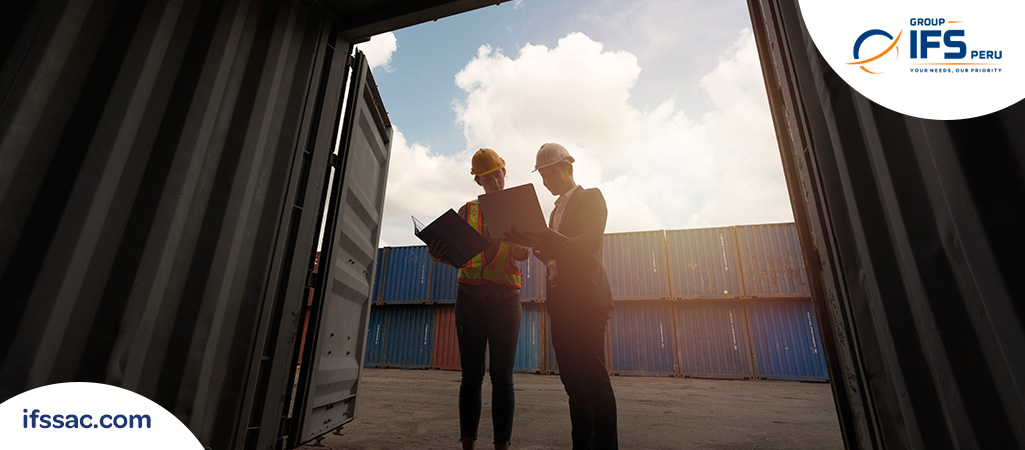Shipping perishable products by air is a complex process that requires careful planning and execution. Whether itís food products, pharmaceuticals, or other temperature-sensitive items, ensuring that they arrive fresh and undamaged requires attention to detail and a focus on...
Shipping perishable products by air is a complex process that requires careful planning and execution. Whether itís food products, pharmaceuticals, or other temperature-sensitive items, ensuring that they arrive fresh and undamaged requires attention to detail and a focus on quality control. In this article, we will discuss how to ensure that perishable products are not lost when shipping by air.
Choosing the Right Carrier
One of the most important factors in shipping perishables is choosing the right carrier. It is important to work with an experienced and reliable carrier that has the necessary facilities and equipment to handle temperature-sensitive shipments. The carrier should also have a strong track record of delivering shipments on time and in good condition.
Proper Packaging
Another important factor in shipping perishables is proper packaging. The packaging must be strong enough to protect the goods during transport, but also must be designed to maintain the required temperature and humidity levels. Perishable goods can be shipped in a variety of packaging types, including insulated boxes, coolers, and refrigerated containers.
YOU MAY ALSO BE INTERESTED IN
What is the Difference Between a Freight Broker and a Dispatcher? What is a logistics operator and what are its main functions? Who are Boarding Agents and what are their functions?Temperature Monitoring
Maintaining the cold chain is critical for ensuring that perishable goods remain fresh and undamaged during transport. This involves maintaining a consistent temperature and humidity level throughout the shipment process. To achieve this, it is important to use temperature monitoring devices such as data loggers, which can measure the temperature and humidity levels inside the shipping container.
Handling and Storage
Proper handling and storage are also critical for ensuring that perishable goods are not lost during shipping. This includes using specialized handling equipment, such as refrigerated trucks and forklifts, to ensure that the goods remain at the correct temperature throughout the loading and unloading process. It is also important to store the goods in temperature-controlled warehouses and facilities during transit.

Quality Control
Quality control is essential for ensuring that perishable goods are not lost during shipping. This involves performing regular inspections and tests on the goods to ensure that they are in good condition and have not been damaged during transport. It is also important to work with a logistics provider that has a strong quality control program in place.
In conclusion shipping perishable products by air is a complex process that requires careful planning and execution. By choosing the right carrier, using proper packaging, monitoring the temperature, handling and storing the goods properly, and implementing a strong quality control program, businesses can ensure that their perishable goods arrive at their destination fresh and undamaged.†
Working with an experienced international logistics operator provider such as IFS Group Peru can help ensure that your perishable goods are shipped with confidence, maximizing shelf life and minimizing loss.


